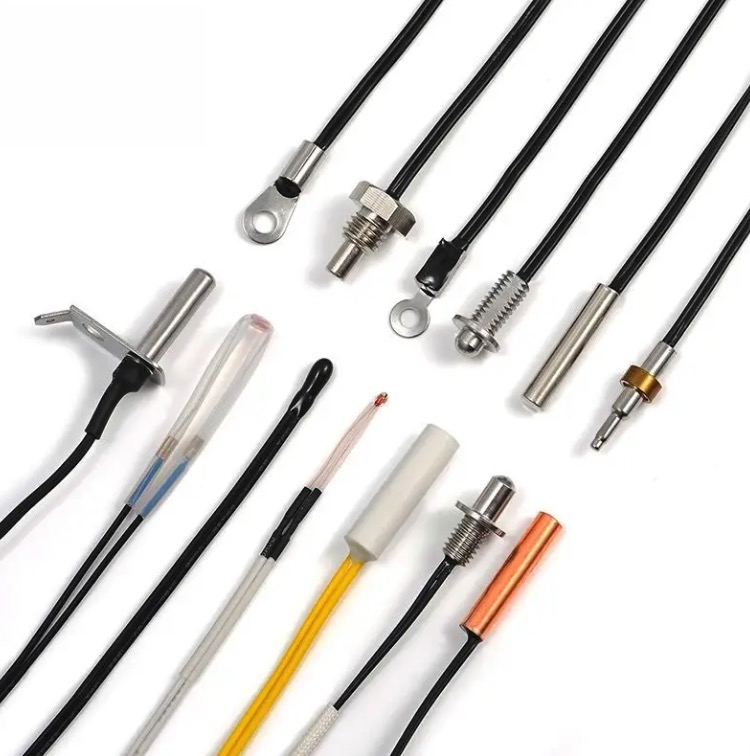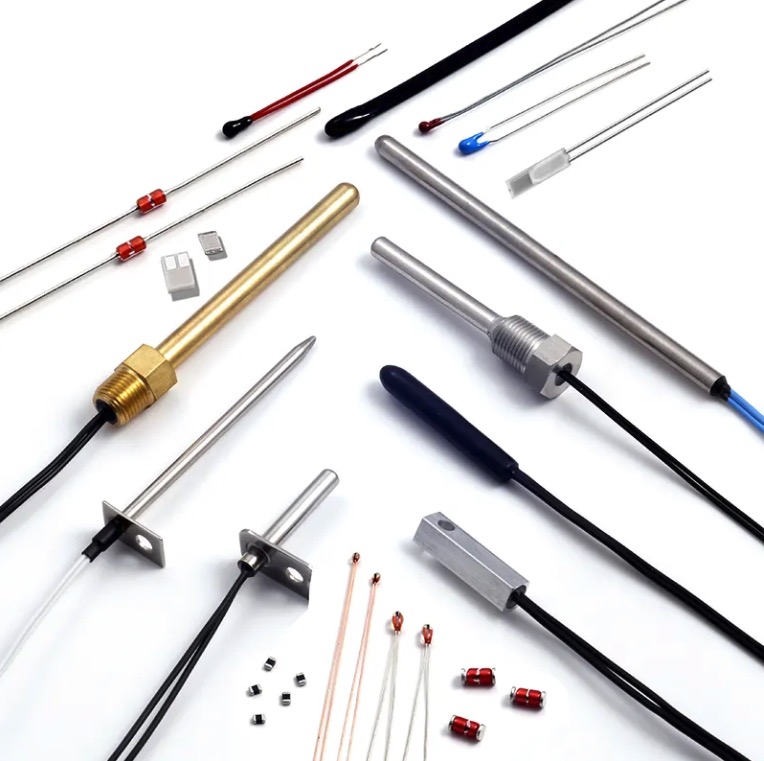IR Temperature: A Key to Precise Measurements and Efficient Operations
Abstract:
In today’s fast-paced technological landscape, precision and efficiency are paramount. Whether you’re a scientist, engineer, or simply someone seeking accurate measurements, IR temperature plays a crucial role in achieving your goals. In this article, we will explore the fascinating world of IR temperature and its applications. From industrial processes to medical diagnostics, IR temperature has revolutionized the way we measure and control temperature. So buckle up and join us on this exploration of how IR temperature can enhance your operations and pave the way for success.
Table of Contents:
1. Introduction
2. Understanding IR Temperature
3. Applications in Industrial Processes
4. Advancements in Medical Diagnostics
5. Ensuring Safety and Comfort in HVAC Systems
6. Monitoring Food Safety and Quality
7. Conclusion
1. Introduction
In the vast realm of temperature measurement, IR temperature stands out as a reliable and versatile tool. By harnessing the principles of infrared radiation, IR temperature enables non-contact temperature measurement, eliminating the need for direct physical contact with the object being measured. This opens up a world of possibilities across various industries and sectors.
2. Understanding IR Temperature
To comprehend the science behind IR temperature, we need to delve into the concept of infrared radiation. Every object above absolute zero emits infrared radiation, which carries information about its temperature. By analyzing the intensity and wavelength distribution of this radiation, IR temperature sensors accurately determine the object’s temperature.
3. Applications in Industrial Processes
From manufacturing plants to chemical refineries, IR temperature plays a pivotal role in optimizing industrial processes. By providing real-time temperature readings without the need for intrusive probes, IR temperature sensors enable precise control of critical parameters. This leads to improved product quality, enhanced efficiency, and reduced downtime.
4. Advancements in Medical Diagnostics
The healthcare industry has embraced the power of IR temperature, utilizing it for a wide range of diagnostic applications. Infrared thermography, for instance, enables non-invasive monitoring of body temperature, aiding in the detection of fever or abnormalities. Additionally, IR temperature sensors find use in medical devices, such as ear thermometers, which provide rapid and accurate temperature measurements.
5. Ensuring Safety and Comfort in HVAC Systems
Heating, Ventilation, and Air Conditioning (HVAC) systems are integral to maintaining a comfortable and safe environment. IR temperature sensors help optimize these systems by providing precise temperature measurements for efficient heating and cooling control. This ensures energy savings, improved air quality, and enhanced occupant comfort.
6. Monitoring Food Safety and Quality
In the food industry, maintaining proper temperature is critical for preserving freshness and ensuring safety. IR temperature sensors enable quick and reliable temperature monitoring throughout the food production and storage processes. Whether it’s checking the temperature of perishable goods during transportation or verifying cooking temperatures, IR technology helps prevent spoilage and guarantees food quality.
7. Conclusion
IR temperature has emerged as an indispensable tool for countless industries and sectors. Its non-contact nature, precision, and efficiency make it ideal for a wide range of applications. The advancements in IR temperature technology continue to revolutionize how we measure and control temperature, leading to improved processes, enhanced product quality, and streamlined operations. Embracing the power of IR temperature opens up new possibilities for success in various fields, making it an invaluable asset in today’s fast-paced world.
Always remember, when accuracy matters, IR temperature is the key to unlocking your full potential.
End of Document
Understanding NTC Temperature Sensor Craftsmanship and Reliability in Air Conditioning Systems
In modern HVAC systems, temperature sensors play a critical role in ensuring energy efficiency, performance stability, and user comfort. Among them, NTC (Negative Temperature Coefficient) thermistors are the most widely




